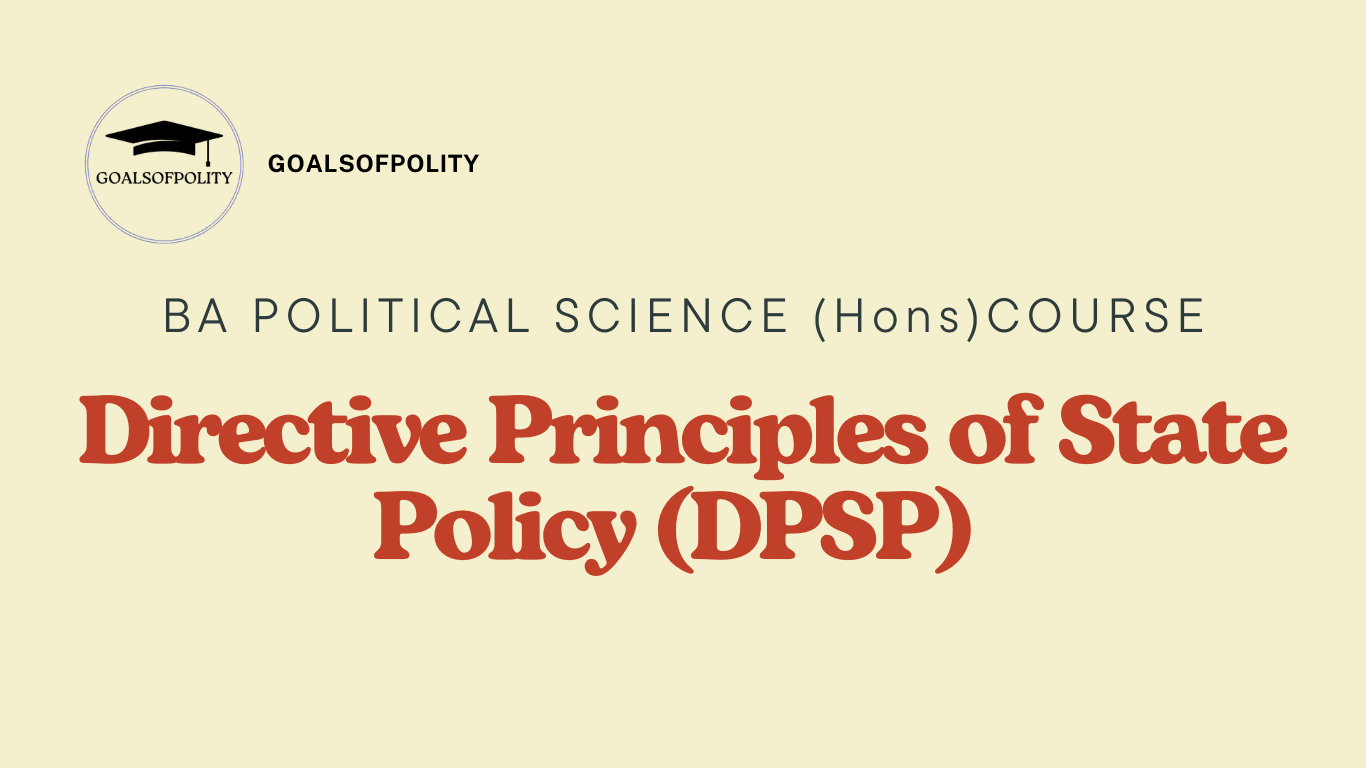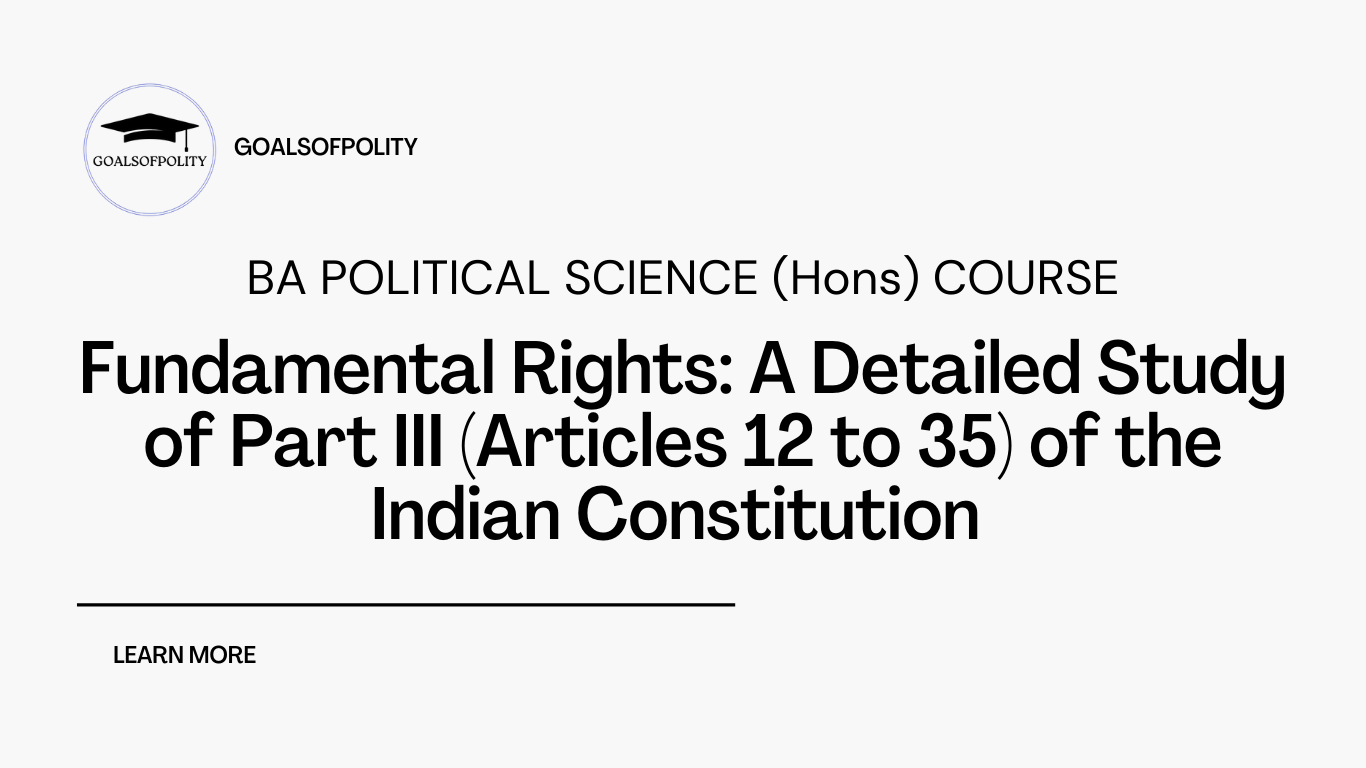
The legislature is one of the most important institutions in any democratic system. It is the organ of government responsible for making laws, ensuring accountability and

The executive branch implements policies, administers the government, represents the country domestically and internationally,

At the apex of this judicial system is the Supreme Court of India, the highest court in the country, tasked with upholding

The Directive Principles of State Policy (DPSP) is a set of guidelines or principles that were laid down by the makers of the Indian Constitution to guide the governance of the country. These are contained in Part

Fundamental rights are an important component of the Indian Constitution, which form the cornerstone of democracy and ensure the protection of individual liberty against the arbitrary action of the

The Indian Constitution, drafted by the Constituent Assembly between 1946 and 1949, is one of the longest and most detailed constitutions in the world. It establishes the framework for governance in India and lays down the fundamental

Introduction: The Preamble of the Indian Constitution serves as an introductory statement that outlines the objectives and guiding principles of the Constitution. It is often referred to as the "soul" or "spirit" of the Constitution, reflecting the aspirations of the people and the vision of the framers

Introduction: The philosophy of the Indian Constitution reflects the fundamental values, principles, and ideas that guide the governance structure of the nation. It represents a synthesis of diverse ideologies and is rooted in the aspirations of the Indian freedom struggle. The philosophy of the Constitution

Introduction: Deliberative democracy is a form of democracy that emphasizes the role of discussion and deliberation in decision-making processes. Unlike traditional models of democracy, which often focus on voting and representation, deliberative democracy prioritizes reflexive

1. Introduction: Procedural democracy, also called minimal or thin democracy, focuses on the processes and mechanisms through which decisions are made. The emphasis is on the “how” rather than the “what” of democracy. In this type of democracy,

The history of democracy is not linear, but full of interruptions, revivals, and adaptations. From the early assemblies of ancient civilizations to modern representative systems, the idea has undergone significant evolution. Each historical stage reflects changing understandings of freedom, equality, and

The feminist and postmodern perspectives have deeply influenced contemporary political theory, providing important tools for analyzing and challenging traditional power structures. While they share common goals of eliminating

At its core, political theory is the examination of ideas related to power, justice, rights, freedom, and the organization of collective life. It questions what a just society might look like, how political institutions gain moral standing, how concepts like liberty or equality

These ideas are not random; they are rooted in deep-seated traditions of thought that offer different interpretations of human nature, freedom, justice, and rights. Philosophers, from ancient times to the present day, have developed systems of thought to explain

Introduction: At its most basic, politics refers to the way people negotiate for coexistence: who makes decisions, who benefits, how differences are resolved, and what principles the general public accepts. But behind this everyday understanding lie many deeper questions